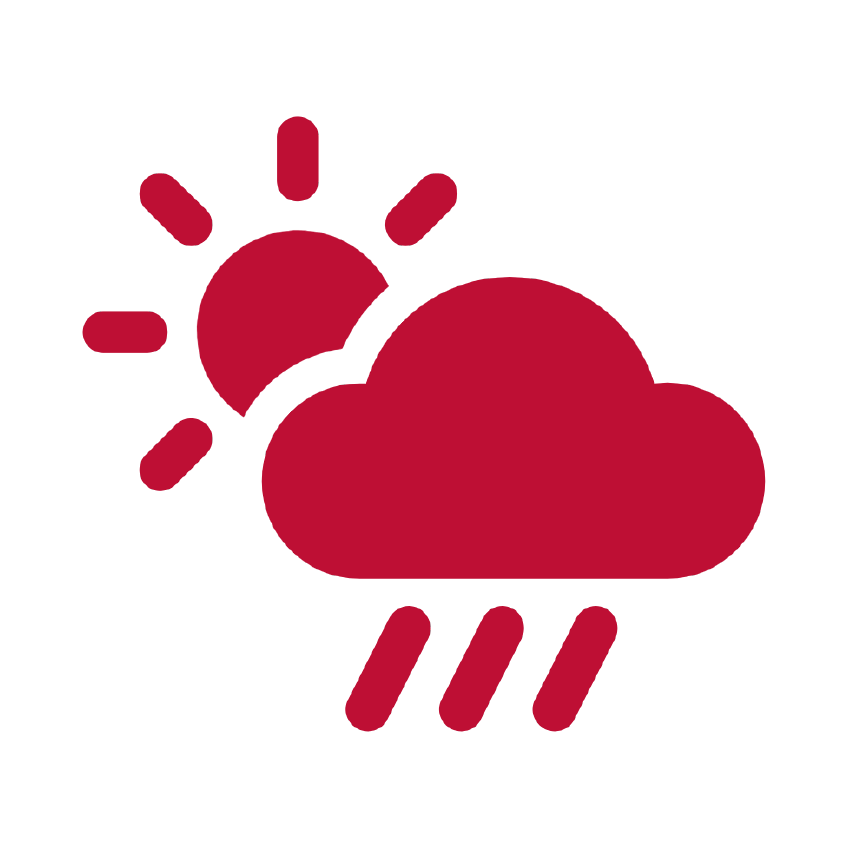| Fighting Climate Change & Its Effects Advocate for clean and renewable sources. Issue Chair: Martin Gibbins, mgibbins@lwvwa.org (425) 361-5007 |
Right Now in EnergyBecause energy-focused legislation may include climate or transportation implications, also see the Climate Issue and Transportation Issue pages. Bills the League Supports That PassedSB 5000 Creating a hydrogen fuel cell electric vehicle pilot sales and use tax exemption program to encourage purchase of such vehicles. Washington has the potential to use some of our green electricity to generate green hydrogen, a fuel attractive in vehicles requiring longer range and other features, and as a medium of energy storage when our generation capacity exceeds our demand. We must ensure that we encourage viability for all alternative fuel vehicles commensurate with their potential to reduce greenhouse gas emissions in the near and long term. The bill passed the Senate Transportation Committee on Feb. 11. The Senate Ways and Means Committee considered a second substitute bill, which passed unanimously on Feb. 22, then passed the Senate floor vote unanimously on March 3. It had a public hearing in the House Finance Committee on March 15 where it passed in a 15-2 vote. It passed the House floor vote 93 to 4. Status It is on the governor’s desk awaiting his signature. Bills the League Supports That Passed Passed! HB 1114 Encouraging utility mitigation of urban heat island effects. Passed the House 98 to 0. Passed the House 98 to 0. Passed the Senate unanimously on March 24 and was signed by the governor on April 7. Passed! HB 1393: Delaying certain implementation dates for the photovoltaic module stewardship and take-back program. This bill enjoyed wide support in the House Environment and Energy Committee and on the House floor where it passed 93-2. Passed the Senate Environment, Energy, and Technology Committee unanimously, and passed the Senate floor vote 45 to 4, and was signed by the governor on April 14. Bills the League Supports That Missed the CutoffHB 1046 Requires a program for the procurement of electricity from community solar projects by investor-owned utilities. This bill enables community solar projects can sell power to private utility companies and credit solar program participants. A similar bill (ESHB 2248) passed both chambers in 2020, but the governor declined to sign anticipating the financial challenges of the pandemic. HB 1046 includes less financial support of incentives and credits for community solar. A hearing was held on January 12 in the House Environment and Energy Committee. It was scheduled for a vote in the House Environment and Energy Committee on February 5, but no action was taken. SB 5174 Providing for a producer responsibility program for recycling wind turbine blades. Most of the weight in these blades is a polymer-fiber composite, which is currently challenging to recycle. We might consider this bill a step to ensure our clean energy sources create no secondary damage to our environment. The public hearing in the Senate Environment, Energy, and Technology Committee occurred on Jan. 27. It passed a vote on February 3 by a bipartisan margin of 11-1. A substitute bill passed the Ways and Means Committee 19-6 on February 18. This bill stopped progress in the Senate Rules Committee and will not advance this session. SB 5206 Eliminating expedited processing of an alternative energy resource facility fueled by solar energy on certain designated lands before the energy facility site evaluation council. This bill slows approval of converting farmland to solar array facilities to ensure careful consideration, therefore pits League positions for preserving farmland against positions to increase renewable energy. A group consideration recommended the farmland preservation edges out other considerations, but this one is close. A public hearing occurred in the Senate Environment, Energy, and Technology Committee on January 27, but was not considered for a vote.
SB 5415 Revisions to the Energy Facility Site Evaluation Council. Scheduled for public hearing in the Senate Environment, Energy, and Technology Committee on February 9 and a vote was scheduled on Feb. 11, but no action was taken in the Senate Environment, Energy, and Technology Committee. SB 5168 Renewable and non-emitting resources analysis and advisory opinions. Public hearing held in the Senate Environment, Energy, and Technology Committee on January 27, but no further action was taken. SB 5244 Encouraging the production of advanced nuclear reactors, small modular reactors, and components through the Invest in Washington Act. Scheduled for public hearing in the Senate Environment, Energy, and Technology Committee on January 28, but no further action was taken. How To Be Involved
The LWVUS Climate Team hosted a webinar on renewable energy presented by Martin Keller of the National Renewable Energy Lab. View recording of that webinar. You will need to sign in with your name and email, but these will be held only by the League. Released at the end of December was the Washington 2021 State Energy Strategy by the Department of Commerce, an update to previous state energy strategies as required by legislative action. The strategy focuses on achieving decarbonization of our energy sources including transportation, electricity, buildings, and industry to achieve the objectives of the Clean Energy Transformation Act. Legislation this session and future sessions will begin implementing the strategy. |

